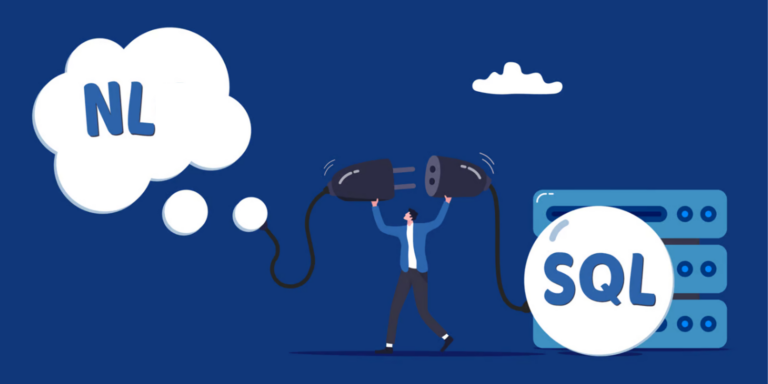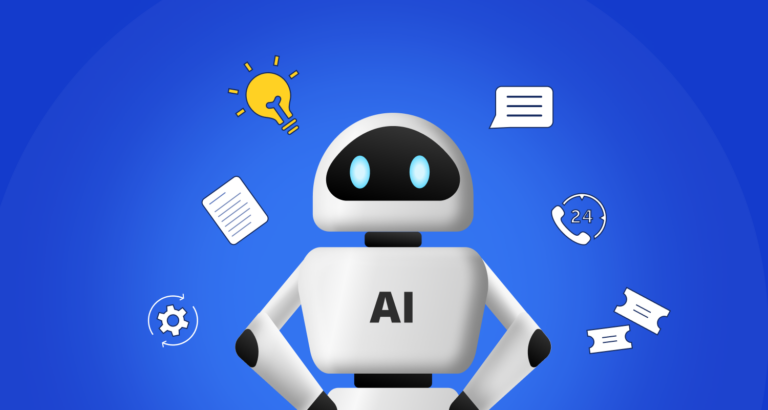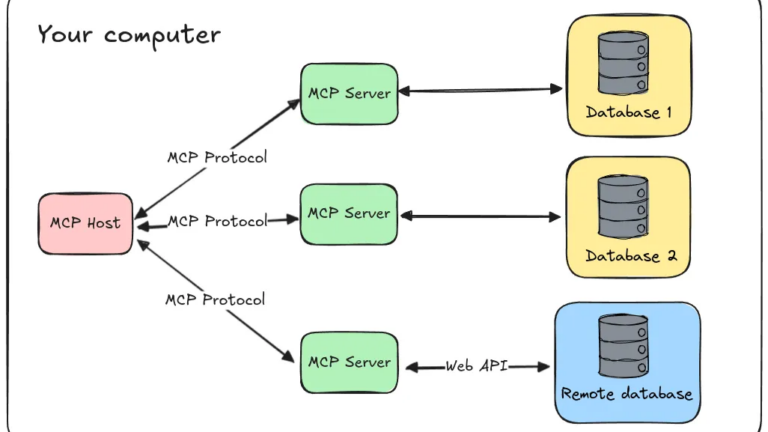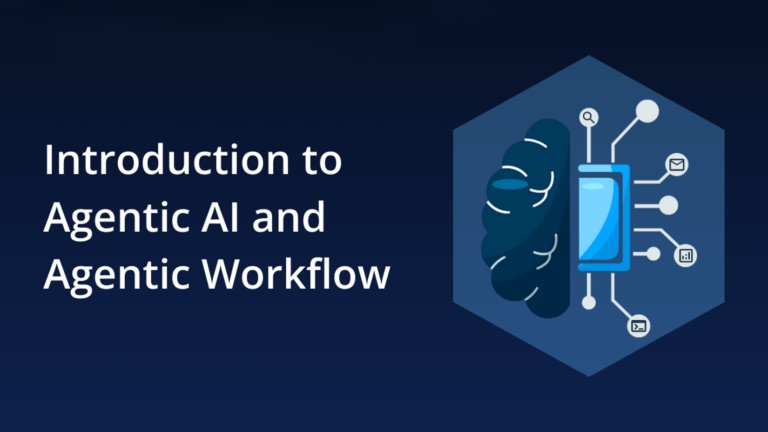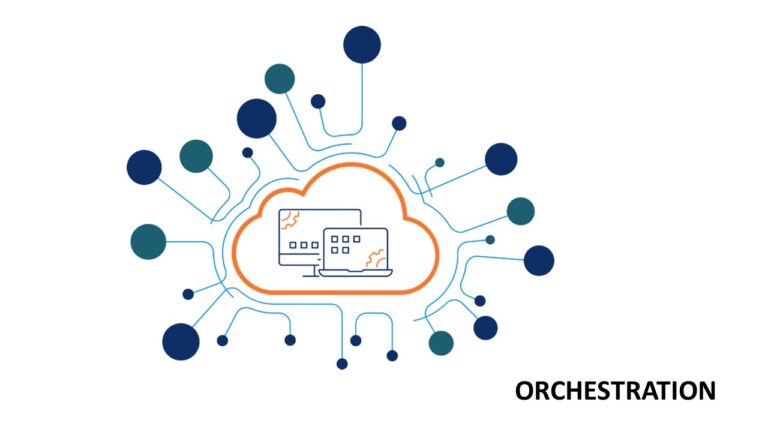Your Dream Trip, Planned by AI: Agentic Workflows for Travel
Planning a trip can feel like juggling a dozen browser tabs—flights, hotels, activities, budgets—all while hoping you don’t miss a hidden gem. What if AI could handle it all for you? With agentic workflows, a team of intelligent AI agents can craft your perfect itinerary, adapting to your preferences in real time. Let’s explore how tools like LangChain or AutoGen can turn travel chaos into a seamless adventure.
Why Agentic Trip Planning?
Traditional trip planning is time-intensive and rigid. Agentic workflows bring autonomy and smarts to the table—AI agents that don’t just fetch data but reason, collaborate, and personalize. Want a beach getaway under $1,000? Need a vegan-friendly restaurant in Paris? These agents work together to make it happen, saving you hours and delivering tailored results.
Building Your Trip Planner Workflow
Step 1: Setup
Grab a framework like LangChain and some APIs (e.g., Google Flights, Yelp):
pip install langchain requests google-api-python-clientStep 2: Assemble Your Agent Team
Create specialized agents for the job:
- Research Agent: Scours flight and hotel options.
- Budget Agent: Keeps costs in check.
- Itinerary Agent: Builds a day-by-day plan.
Step 3: Connect the Tools
Link agents to travel APIs and data sources:
from langchain.agents import AgentExecutor, create_agent
research = create_agent(
role="Researcher",
goal="Find flights and hotels",
tools=["google_flights_api", "booking_api"]
)
budget = create_agent(
role="Budget",
goal="Optimize costs",
tools=["calculator_tool"]
)
itinerary = create_agent(
role="Itinerary",
goal="Plan daily activities",
tools=["yelp_api", "google_maps"]
)Step 4: Define Your Preferences
Feed the agents your travel wishes:
instructions = """
Plan a 5-day trip to Tokyo for 2 people under $2,000. Include flights from New York, a central hotel, and daily activities (museums, food, shopping). Prioritize affordability and Japanese culture.
"""
agents = [research, budget, itinerary]
for agent in agents:
agent.instructions = instructionsStep 5: Watch It Unfold
Run the workflow:
- Research Agent finds flights ($800 round-trip) and a Shibuya hotel ($600).
- Budget Agent confirms it’s under $2,000, leaving $600 for activities.
- Itinerary Agent schedules: Day 1 – Tsukiji Market, Day 2 – Asakusa Temple, Day 3 – TeamLab Borderless, etc., pulling vegan sushi spots from Yelp.
Bonus: Adaptability
Add memory to refine future plans:
from langchain.memory import ConversationBufferMemory
itinerary.memory = ConversationBufferMemory()Ask, “Swap museums for parks,” and it adjusts instantly.
A Real Example
Input: “3-day Seattle trip, $1,500, coffee focus.” The agents book flights ($500), a downtown hotel ($400), and plot coffee tours (Pike Place, Starbucks Reserve) plus a ferry ride—all within budget. You get a PDF itinerary in minutes.
The Future of Travel Planning
Imagine agents booking in real-time, dodging weather disruptions, or syncing with your calendar. It’s travel planning that evolves with you.
Why It’s Brilliant
This workflow cuts stress, saves time, and personalizes like a pro. Ready for your next trip? Unleash your AI travel crew and pack your bags!


